I also focus on pension funds and other long-term institutional investors that have some responsibility towards their own shareholders and are not just after the money — they can pressure companies to make changes.
What are some interdisciplinary aspects of your work?
PP: In terms of our renewable-energy work, and even on electrified transportation, we collaborate widely with people outside of our immediate group through Concordia’s Next- Generation Cities Institute.
TW: My research group received a sizeable grant jointly offered by Quebec and Luxembourg funding agencies to look at water pollution across borders. Sometimes a parent company in one country will have plants in another where restrictions are laxer in what is essentially ‘emission shifting.’
How do you see the future of renewable energy?
PP: I’m very optimistic about the technical solutions, but the adoption of the technologies is also a question of policy, an area where additional effort is required for widespread adoption. I believe that the younger generation is deeply attracted to questions of the environment, and I think they really want to make a difference. I teach a course on renewable energy once a year, which attracts over 100 students each time, with long waiting lists.
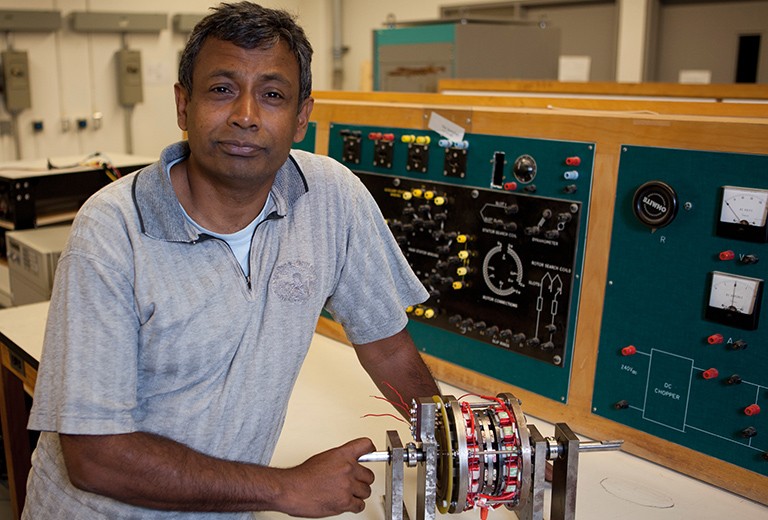 Pragasen Pillay: “I believe that the younger generation is deeply attracted to questions of the environment, and I think they really want to make a difference.”
Pragasen Pillay: “I believe that the younger generation is deeply attracted to questions of the environment, and I think they really want to make a difference.”
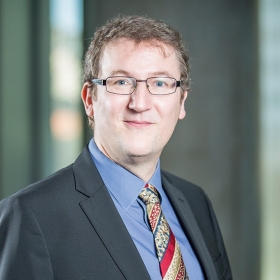 Thomas Walker
Thomas Walker
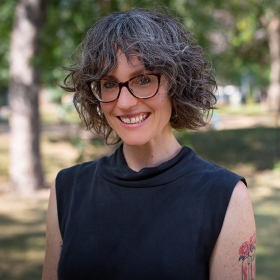 Meghan Joy
Meghan Joy
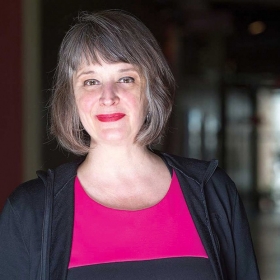 Kim Sawchuk
Kim Sawchuk
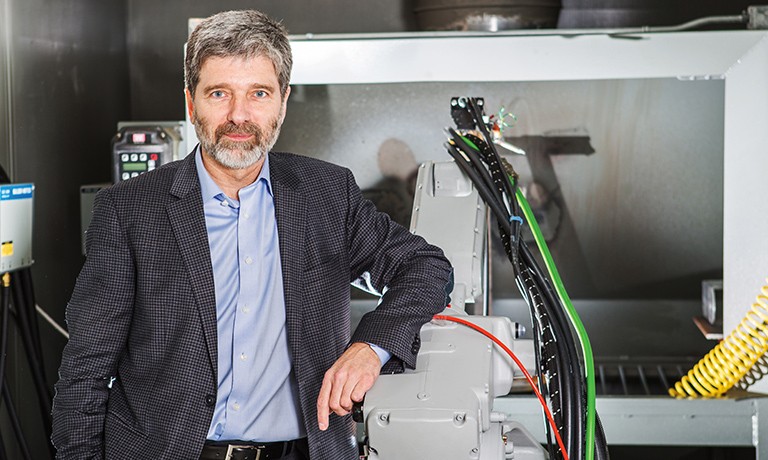 Christian Moreau: “Canada is a global leader in thermal spray, and it’s because we have a very strong aerospace industry, in addition to mining and renewable energy — all sectors that can benefit from the advantages of spray coatings.”
Christian Moreau: “Canada is a global leader in thermal spray, and it’s because we have a very strong aerospace industry, in addition to mining and renewable energy — all sectors that can benefit from the advantages of spray coatings.”
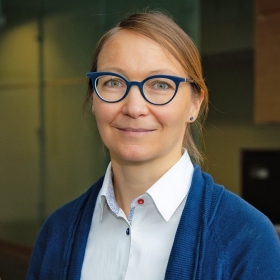 Susan Liscouët-Hanke
Susan Liscouët-Hanke